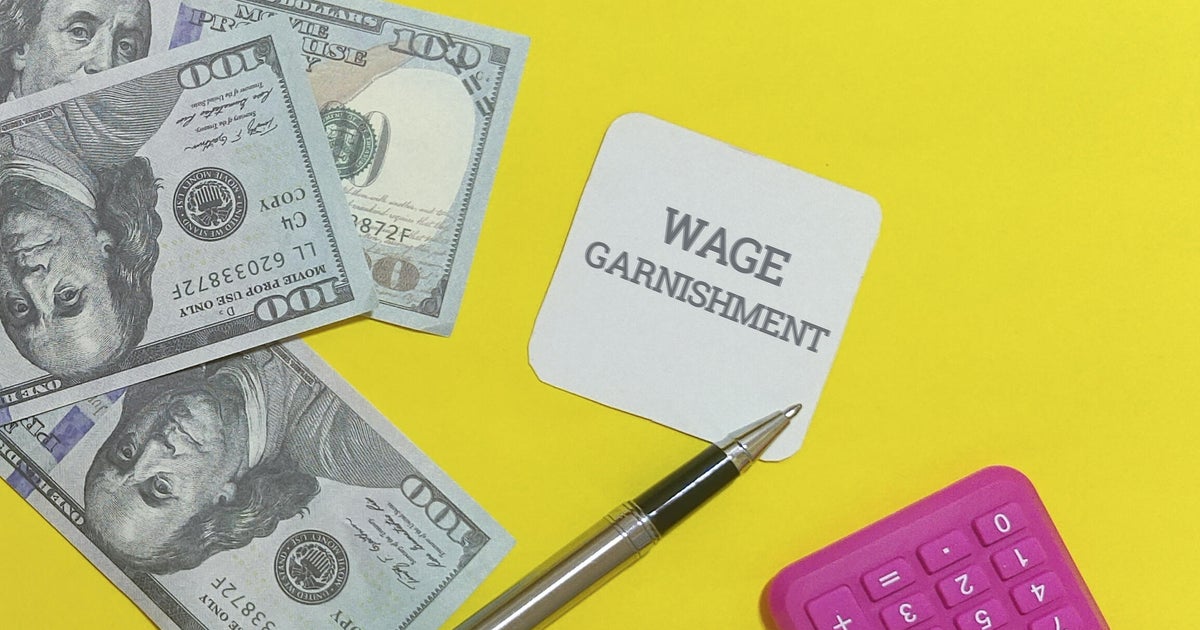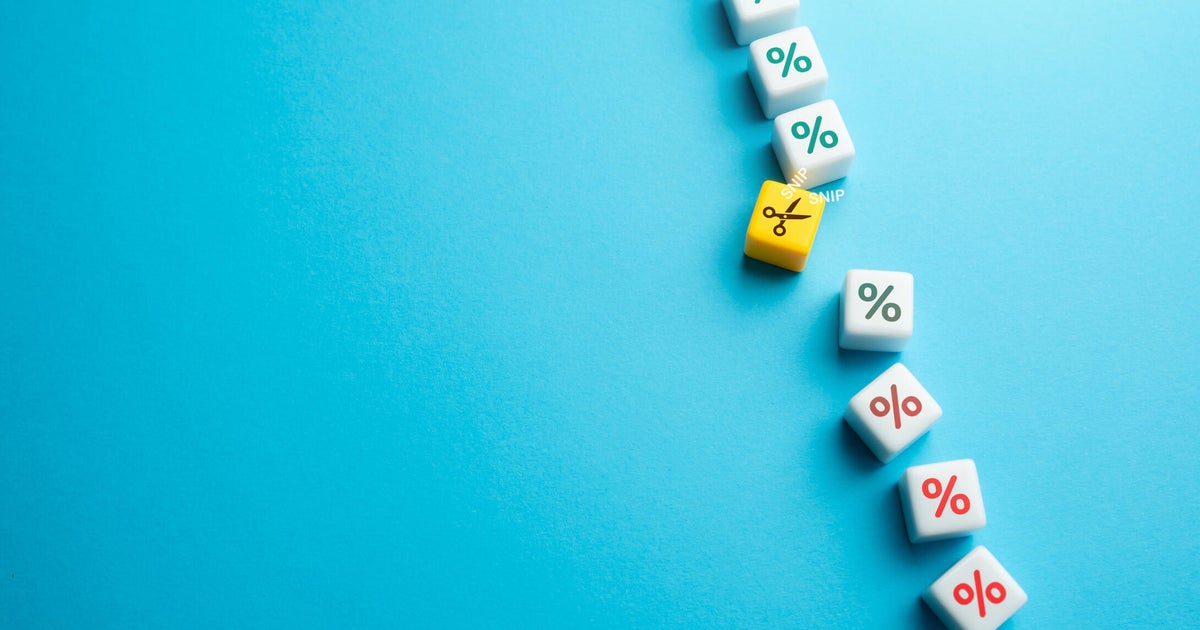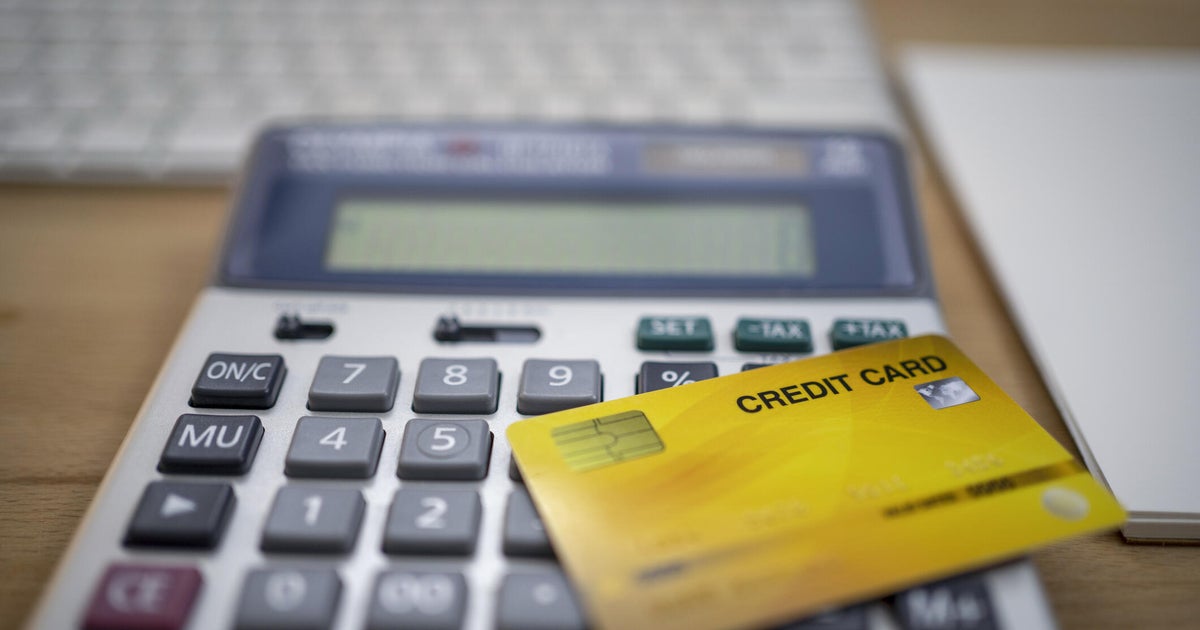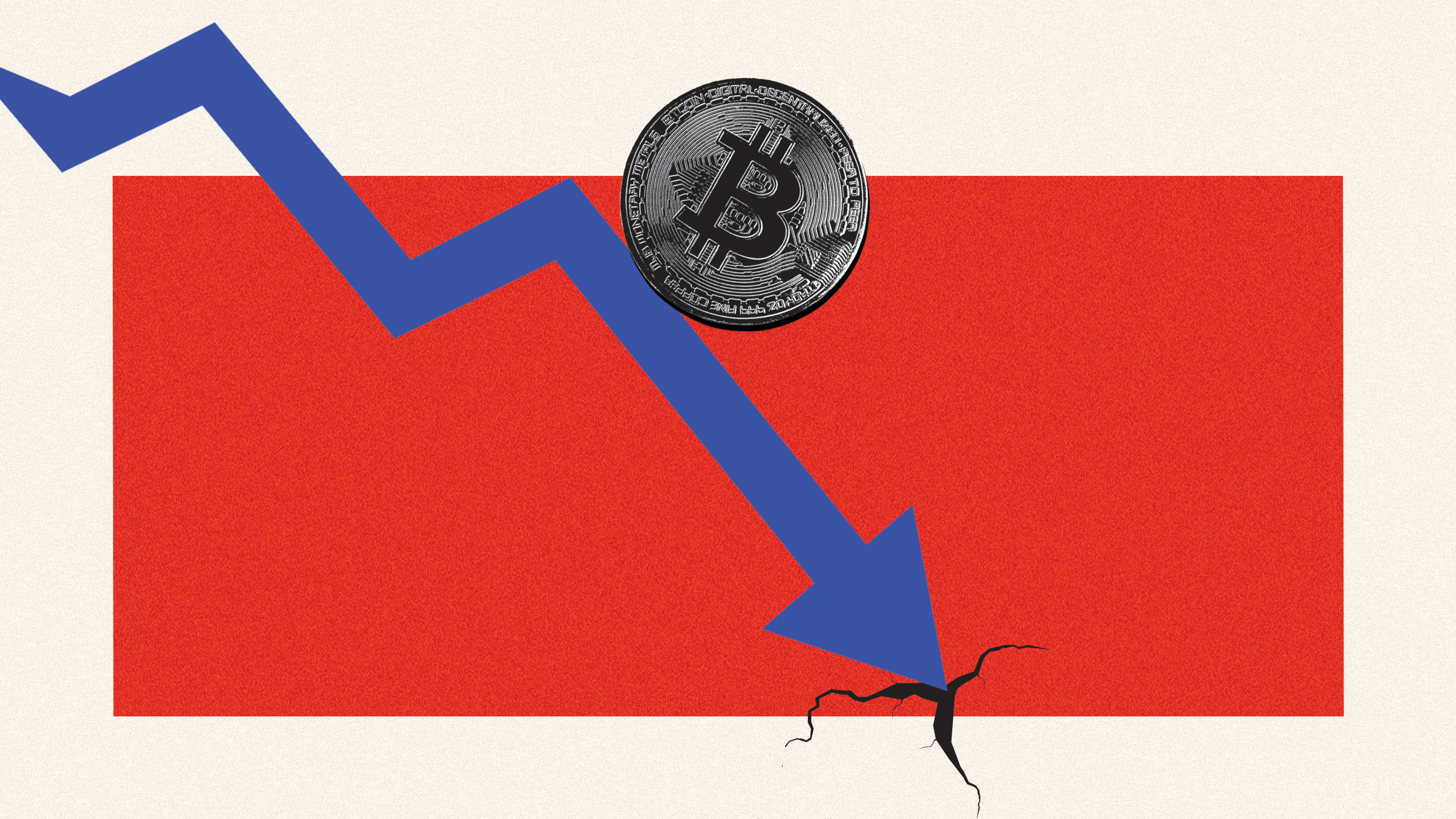6 ways to determine if you need debt relief
When it comes to debt, it can be tempting to ignore the signs that you're in over your head. After all, nobody sets out to rack up significant amounts of debt — especially when it comes to high-interest credit card debt, which can be difficult to get out of.
Still, it can happen, no matter how careful you are about your finances. All it takes is a few unexpected medical bills or a home or car repair to find yourself in debt that you're struggling to pay off — and that's especially true if you're on a limited budget or don't have an emergency fund to dip into. And, according to the U.S. Government Accountability Office, credit card usage in the U.S. reached a new milestone last summer — when balances totaled over $1 trillion for the first time, which is clear proof that credit card usage is increasing nationwide.
That said, it can be tough to tell the difference between a normal amount of debt and a serious debt-related problem — and it's important to try and catch the issue before it gets worse. So, if you're currently facing a mounting pile of credit card debt but aren't sure whether you need to get professional help from debt relief experts, keep an eye out for the below signs.
Get started and compare your top debt relief options online here.
6 ways to determine if you need debt relief
Here are a few clear signs that you may need to consider debt relief to get back on track financially:
You're only making minimum payments
Minimum payments on credit cards can provide a false sense of security. If you find yourself trapped in the cycle of paying only the minimum each month, it's crucial to assess the long-term implications. Minimum payments often extend the repayment period, allowing interest to accumulate and intensify the overall debt burden.
Instead, conduct a thorough analysis of your current repayment strategy. If breaking free from the minimum payment cycle proves challenging, it may be a telltale sign that professional debt relief assistance is warranted.
Find out how the top debt relief options can benefit you here.
You're relying heavily on credit cards
Credit cards can be a double-edged sword. While they offer financial flexibility, persistent reliance on credit cards for essential expenses may indicate an underlying imbalance. If you're using credit to cover basic living costs, it's time to reassess your financial strategies and determine whether professional debt relief assistance could benefit you.
You can also try to break the cycle of credit card dependency by exploring alternative budgeting methods and expense-cutting measures. This shift in approach can not only alleviate immediate financial strain but also pave the way for a more sustainable financial future.
You're living paycheck-to-paycheck
A perpetual struggle to make ends meet, with little to no room for savings or emergency funds, signifies financial instability. If you find yourself constantly living paycheck to paycheck, it's a clear indication that your financial foundation needs attention — and that you may want to consider one of the debt relief options available to you.
To determine how you should approach your debt, engage in a comprehensive review of your income and expenses to identify areas for improvement. Seek debt relief options that align with your financial goals, providing a lifeline to break free from the relentless paycheck-to-paycheck cycle.
You're getting collection calls and overdue notices
The intrusion of collection calls and overdue notices can be a distressing experience. When debt reaches a point where collection agencies become involved, it's a critical juncture that demands decisive action. Ignoring these signals can exacerbate financial challenges and hinder the path to recovery.
Face collection calls head-on by exploring debt relief solutions. From debt consolidation to negotiation, various options exist to alleviate the burden and work toward financial resolution.
Your credit score is declining
Your credit score serves as a mirror reflecting your financial health. A substantial drop in your credit score can be a direct consequence of missed payments, high credit utilization and mounting debts. Understanding the intricate relationship between your credit score and debt is pivotal in navigating the path to financial recovery.
Take a deep dive into your credit report, scrutinizing the factors contributing to its decline. In many cases, your debt-to-income ratio or your credit utilization will be what's harming your score and taking steps to alleviate some of your debt will help your credit score recover. But whatever the cause, recognizing these elements empowers you to strategically address each issue, gradually restoring your creditworthiness.
You're dealing with mounting financial stress
Beyond the numerical metrics lies the human toll of financial distress. The stress associated with debt can manifest in various ways, impacting mental and physical health while straining relationships. If financial concerns are causing sleepless nights, anxiety or conflicts with loved ones, it's a clear signal that prioritizing your well-being is essential. Seeking debt relief is not just a financial strategy but a proactive step towards reclaiming a sense of control and stability in your life.
The bottom line
Recognizing the signs that signal the need for debt relief is a crucial aspect of financial literacy. If you're currently struggling under mounting debt, it's important to create a roadmap to assess your situation and make informed decisions about your economic future. Whether through debt consolidation, debt negotiation or professional debt relief assistance, the path to financial recovery begins with a proactive acknowledgment of your current circumstances. Once you acknowledge your debt-related issues, you can embrace the opportunity to regain control, alleviate financial burdens and embark on a journey toward sustained financial well-being.




